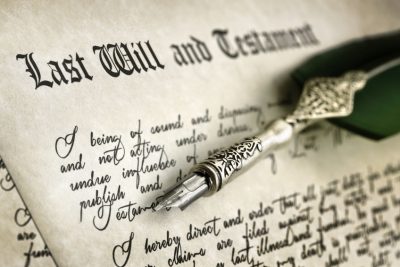With New Zealand’s ageing population, more families are finding themselves in a position where a loved one has lost mental capacity and they need to step in and help. One of the most common questions we hear at Regent Law is:
“How do I activate an Enduring Power of Attorney?”
The good news is – there’s no magic trick or complicated legal process. But there are a few important things to understand about how Enduring Powers of Attorney (EPOAs) work.
What is an EPOA?
An Enduring Power of Attorney is a legal document that gives someone (called an attorney) the authority to make decisions on behalf of another person (called the donor).
There are two types of EPOAs:
-
Property EPOA – covering decisions about money, property, and financial affairs.
-
Personal Care and Welfare EPOA – covering decisions about health, care, and wellbeing.
When does an EPOA take effect?
This depends on the type of EPOA:
✔️ Property EPOA
In most cases, a property EPOA takes effect as soon as it is signed. That means the attorney can start helping with things like banking, bills, or property matters right away – with the donor’s knowledge and consent.
Importantly, this type of EPOA continues if the donor later becomes mentally incapable.
✔️ Personal Care and Welfare EPOA
This only takes effect after the donor has lost mental capacity. This type of EPOA cannot be used while the donor still has the ability to make their own decisions.
How is an EPOA activated?
If the EPOA is already in effect (such as a property EPOA), no formal activation is needed.
If it’s a personal care and welfare EPOA, or a property EPOA that was set up to take effect only on incapacity, then a doctor’s medical certificate confirming the donor’s lack of capacity is what activates it.
There is no legal step a lawyer must take to ‘activate’ an EPOA. The medical certificate (which must meet the requirements of the Protection of Personal and Property Rights Act 1988) is the key.
What can a lawyer do to help?
While the lawyer doesn’t need to activate the EPOA, we often assist with:
-
Preparing certified true copies of the EPOA documents, so they can be used with banks, healthcare providers, and government agencies.
-
Preparing a Certificate of Non-Revocation of EPOA – a document the attorney signs to confirm that the donor has not revoked the EPOA and that it is still in effect. Many institutions require this before accepting the attorney’s authority.
These steps help smooth the way for attorneys to act on behalf of their loved one, especially in urgent or sensitive situations.
Need help with an EPOA?
If you’re unsure whether an EPOA is in effect, or you need help getting documents ready to use, we’re here to help. At Regent Law, we offer clear, fixed-price guidance and can work with you remotely or in person.
Reach out today if you’d like support navigating this process – we’re here to make it easier.







Leave A Comment